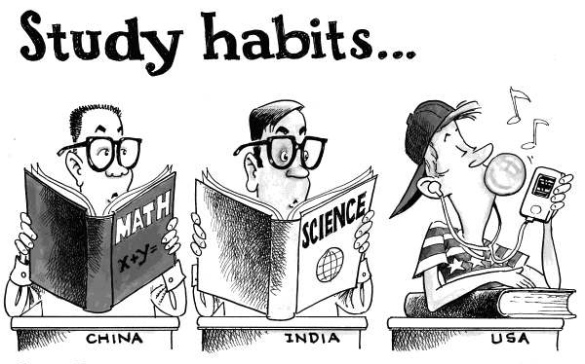
Figure I- Global Warming as a factor of hurting Korean economies
It was interesting to see many Americans did not accept global warming as a real phenomenon. Many people in Korea would say they noticed and experienced global warming in various ways such as listed following: inflation (81.6%), sale price increased due to increase in operation expense (79%), less production made (78.2%), less goods exported due to new environment restrictions (77.6%), less economic development (76.2%), and more job loss (65.8%). This result is also a surprise to me that they blamed the global warming as a factor of hurting Korean economies.

Figure II – Local Fruits and Vegetables Migrated north.

Figure III – Fishes caught in 1980 vs in 2000’s
The graph seems biased because it might be prepared to defend the Korean economies. In the research they might try to influence participants in its favor. Figure II shows that various certain crops’ cultivating location moved up north due to climate changes. Figure III shows that different kinds of fish were caught in 1980 due to the increase in water temperature around Korean peninsula. 52.64% of more squids, 25.94 of more anchovies, and 17.94% of more mackerels are caught in 2000, comparing to 1980.
In conclusion, Koreans noticed local vegetables and fruits has migrated north, and acknowledged the increase in price on certain kinds of salt water fish as lesser they are caught. The reason more people in America deny the global warming could be a geographic location that North America is relatively safe from climate change, so that less people noticed it has influenced their daily lives.

Figure IV- Relatively less temperature change during winter in the United States
However, it is interesting to see that many people in American deny the global warming as an ongoing phenomenon, because it has not affected their lives yet. This is a great example of how majority would react to new scientific research in certain ways- mistrust, suspicion, and denial, unless they experience it. People quickly adopted on smart phones, they would not accept the importance of scientific research until they can see how much change it can bring to their lives. To the public, it is not about how thoroughly a scientific research is proven. What matters to them is how much impact has occurred to their daily lives. I think tendency of mistrust in scientific research has to do with government. For example, the government may use global warming scientific data to increase the bills against water and air pollution. In this way, science data favored more government or big corporations than individuals, because it seems individuals can do nothing about these issues.
Credit:
Figure I, Ministry of Environment in Korea, http://www.me.go.kr/home/web/main.do
Figure II, Weekly Chosun (a Korean press company) http://weekly.chosun.com/client/news/viw.asp?ctcd=C02&nNewsNumb=002098100018
Figure III, Kukmin Ilbo (online article from a Korean press company)
http://news.kmib.co.kr/article/view.asp?arcid=0005719938&code=11151100
Figure IV, Berkeley Earth (A Measure Approach Climate Change + Strategic Analysis)
http://berkeleyearth.org/graphics/physical-effects-of-warming/
Jisung Yu

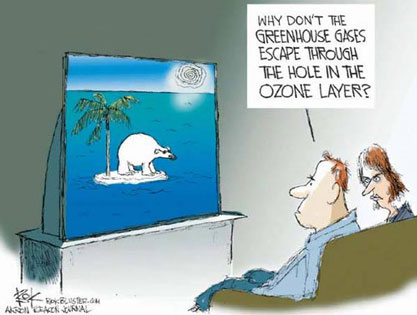
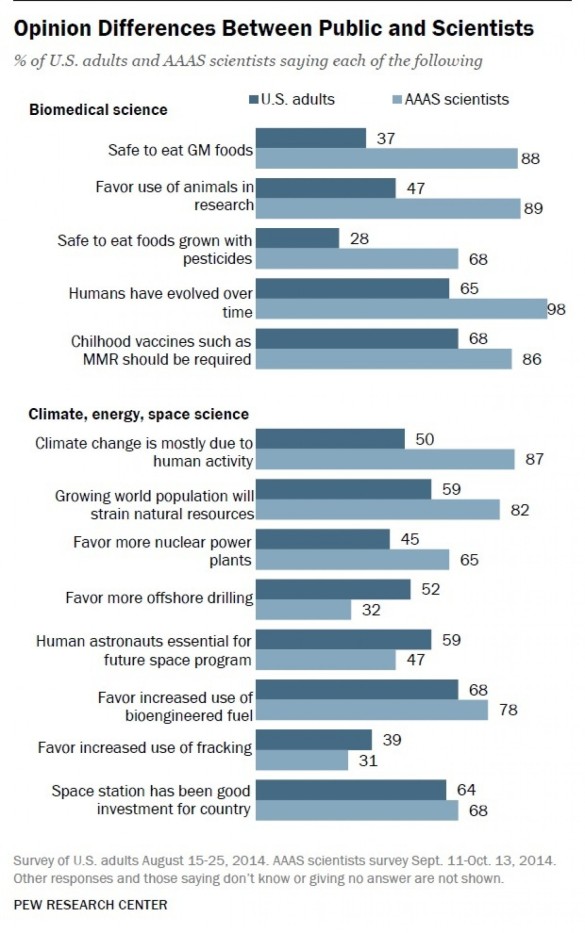
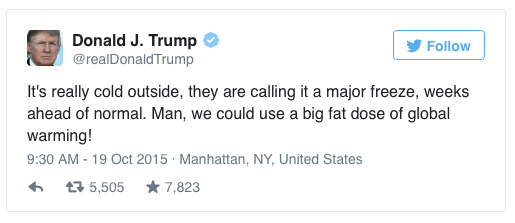
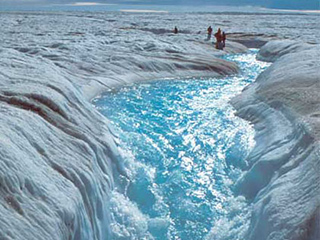 When we were talking about climate change in class I was puzzled as to why people still deny climate change after all of the evidence and obvious effects of climate change, and then it occurred to me, that maybe people are in denial of climate change because it is inconvenient. Maybe they don’t want to believe that their lifestyle is a cause of climate change and they they are responsible for making changes to mitigate climate change. It is inconvenient for us to ride a bike or even take a bus instead of a car. It is inconvenient to reduce meat consumption. It is inconvenient to avoid buying plastic and making sure to recycle everything. So I am thinking one of the reasons people deny it is because they don’t want to have to care. They don’t want to change, and they don’t want to hear people tell them that they need to. But the truth is we all could make lifestyle changes that could reduce our ecological footprint, myself included. I know I could take more steps to reduce my impact, including driving less. It is important for all humans to work together to decrease our impact and acknowledge that it is necessary. I do think in some cases people don’t believe in climate change because they are uneducated, but I really do think a lot of it is people being careless and deliberately choosing to not believe the facts because it is too inconvenient for them. -Madeline Howard
When we were talking about climate change in class I was puzzled as to why people still deny climate change after all of the evidence and obvious effects of climate change, and then it occurred to me, that maybe people are in denial of climate change because it is inconvenient. Maybe they don’t want to believe that their lifestyle is a cause of climate change and they they are responsible for making changes to mitigate climate change. It is inconvenient for us to ride a bike or even take a bus instead of a car. It is inconvenient to reduce meat consumption. It is inconvenient to avoid buying plastic and making sure to recycle everything. So I am thinking one of the reasons people deny it is because they don’t want to have to care. They don’t want to change, and they don’t want to hear people tell them that they need to. But the truth is we all could make lifestyle changes that could reduce our ecological footprint, myself included. I know I could take more steps to reduce my impact, including driving less. It is important for all humans to work together to decrease our impact and acknowledge that it is necessary. I do think in some cases people don’t believe in climate change because they are uneducated, but I really do think a lot of it is people being careless and deliberately choosing to not believe the facts because it is too inconvenient for them. -Madeline Howard